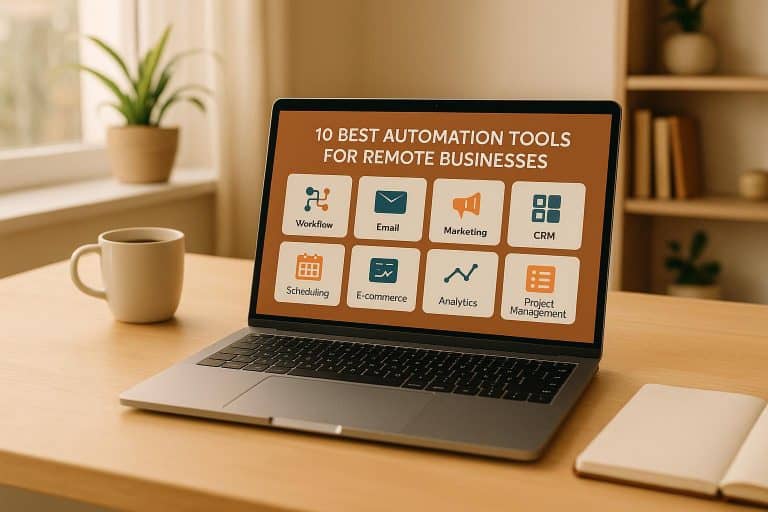In 2022, Shopify’s gross merchandise volume was $197.2 billion, and it’s generated over $812 billion in sales since its inception in 2006. Furthermore, Shopify accounts for 10% of the global e-commerce platform market, so it has a solid standing. For anyone who’s considering running an online shop, Shopify is sure to be a top choice.
However, is it as simple as logging on and creating an account to get started, or is it much more complicated? For example, do you need an LLC to sell on Shopify? Read on to find out.
Do You Need an LLC to Sell on Shopify?
The simple answer to this question is simply “no.” Shopify itself doesn’t require its sellers to own a limited liability company (LLC) or any other type of business structure. In fact, many people start selling on the platform as individuals without forming a formal business entity. This is the appeal of Shopify: you can become an internet seller without the hassle of setting things up.
Do You Need a Business License to Sell on Shopify?
Another question you may have is, “Do I need a business license to sell on Shopify?”
Again, the short answer is “no.” However, this is on a federal level; state and local levels (such as counties and cities) may require Shopify merchants to obtain a business license, such as when dropshipping. So check with your local government before proceeding.
Do You Need an EIN for Shopify?
On that note, you might be wondering if you need an employer identification number (EIN) as a Shopify seller, which is akin to an SSN, but for businesses. The answer here is, “It depends.”
For instance, if you’re selling on your own as a sole proprietor, then you don’t need an EIN. You won’t need one either if you’re an LLC owner and haven’t hired any employees.
Basically, if you have any business structure that has employees under you, then you’ll have to apply for an EIN (it’s a free process). Otherwise, you can use your SSN as a single seller.
However, you should apply for an EIN regardless, as it adds professionalism to your Shopify business, and you never know if you’ll hire workers in the future. In addition, some suppliers may require an EIN for wholesale or business-to-business transactions, so having one can save you time, trouble, and money.
Why Should You Form an LLC for Shopify?
Even though it’s not mandatory to have an LLC to be a Shopify seller, it’s highly recommended that you take the extra step to form an LLC beforehand. While yes, it comes with more work, it’s worth it for the benefits, especially since the process isn’t very convoluted anyway.
The following are some key reasons why you should be an LLC owner before selling on Shopify.
Local Regulations
As we’ve mentioned before, you’re not required to obtain a business license to start selling on Shopify, at least not on the federal level. But depending on your location, there may be specific regulations or licensing requirements that impact your decision to create an LLC.
To ensure you’re doing everything by the books, check with a law and/or tax professional before proceeding.
Personal Liability
The top benefit of having an LLC when doing business is that it limits your personal liability. When operating as an individual, should you face legal issues or debts related to your Shopify account, your personal assets may be at risk.
On the other hand, if you’re operating under an LLC, it provides a level of protection for personal assets. In other words, they won’t be used for anything having to do with the LLC.
Tax Considerations
An LLC is a pass-through entity for tax purposes, which means the profits and losses of the business are passed through to the owner’s personal tax returns. This is advantageous since it avoids the double taxation that can occur in corporations.
Do note that if you run the LLC as a single member, then it’ll be taxed as if you’re a sole proprietorship.
Perceived Professionalism
Out of the myriads of Shopify stores, why should consumers choose yours? You may offer the best products at the most competitive prices, but some people will be skeptical if you’re selling as an individual.
Having an “LLC” in your name can add a level of professionalism. Not to mention, as we’ve said earlier, certain suppliers or platforms may require you to have an LLC anyway, so it wouldn’t hurt to take care of this now.
How to Form an LLC
If you’re considering forming an LLC, then luckily for you, we have a thorough guide you can follow. The key things to know are that you must:
- Choose an available business name
- Have enough capital
- Pick a registered office
- Hire a registered agent
- File your articles of organization
- Create an operating agreement
- Request an EIN (if necessary)
- Obtain permits and licenses
Even better is that you can use our business registration service. All you’ll have to do is quickly fill out our form, provide us with essential details, and we’ll take care of everything else.
Becoming a Shopify seller with an LLC will be easy with our assistance, especially since we’ve got other services. For example, we can be your registered agent and notary, and can also provide you with a virtual mailbox.
Start Selling With a Shopify LLC
Now you know the answer to the question, “Do you need an LLC to sell on Shopify?”
Even though the answer’s “no,” it’s still a fantastic idea to create an LLC. Not only will it look more professional, but it’ll also separate your finances from your Shopify account’s, which means you’ll take on less risk. Plus, many third parties require an LLC anyway, so if you take care of this issue now, you’ll run into fewer problems in the future.
If you’re interested in forming an LLC, then sign up with Business Anywhere today. Our experts will have your Shopify business running in no time.








